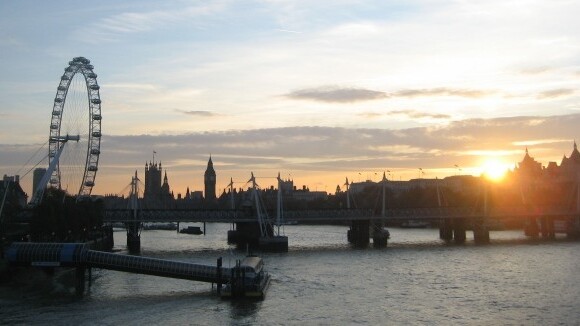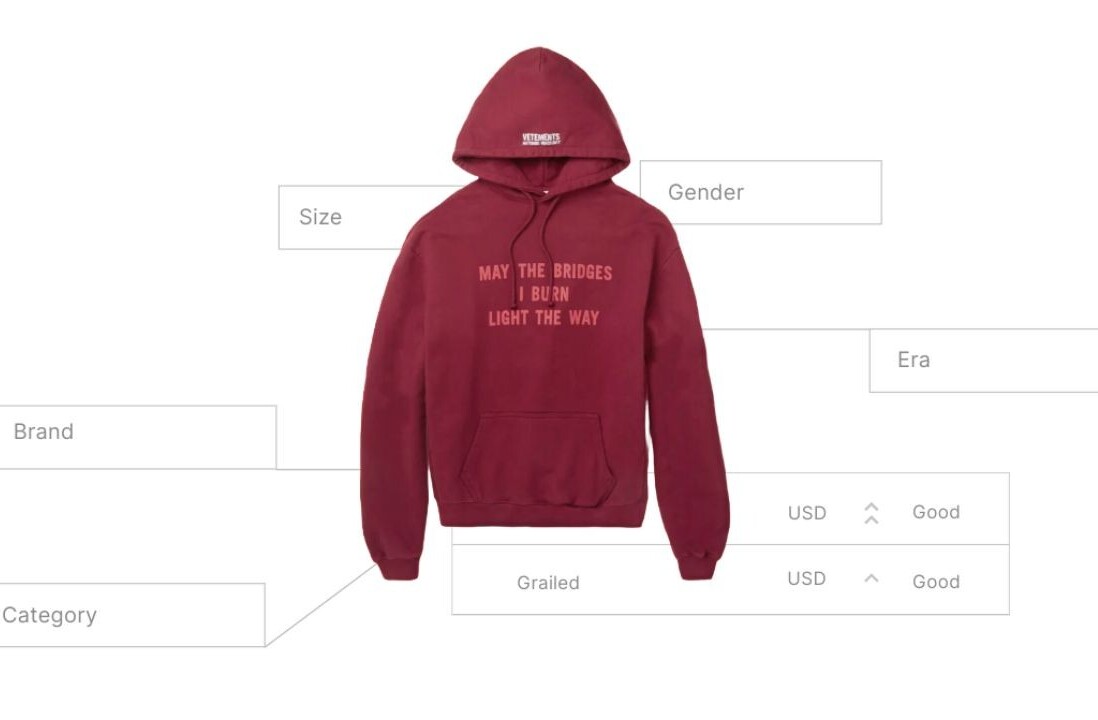
No sooner was SOPA effectively defeated in the US, European authorities kicked up a storm by signing up to the controversial ACTA agreement, which is a voluntary agreement between nations that covers a wide range of counterfeit goods, both physical and digital.
It’s feared that the agreement would make Internet service providers (ISPs) liable for copyright infringements carried out on their networks.
Now, the UK government could be about to unveil specific proposals that would see blockades erected on the Internet with a view towards enforcing copyright protection laws.
As noted by IPTegrity.com, a parliamentary debate took place on the subject of intellectual property (IP) yesterday – MPs with a pro-copyright leaning discussed the best way to combat the so-called ‘anti-copyright’ government. Mark Prisk, the Minister of State for Business, said that an announcement on the subject of website-blocking would be made “shortly”, without giving much else away.
You can read the full transcript from proceedings for yourself, but here’s the key monologue in question:
“We need an IP system that helps business and consumers to realise all the opportunities presented, which is why we are actively supporting the UK’s creators and the creative industries and why, to benefit creators, we voted in Europe to extend the term of protection for sound recordings from 50 to 70 years – a really important step for originators of music and other sound recordings. It is also why we brought charities within the scope of music licensing rules and pressed to introduce measures to tackle online infringement of copyright through the Digital Economy Act 2010.
In response to questions from several hon. Members, I can say that we are closely considering whether to block access to websites that infringe copyright. We will have something to say about that shortly, but, as I would like to continue to have a positive working relationship with my ministerial colleagues in the Department for Culture, Media and Sport, I shall not pre-empt what they are about to say. An announcement is imminent, and I think that it will be welcomed.”
Whilst the details are lacking, the fact that a senior MP has openly acknowledged that blocking access to websites that infringe copyright is being considered can’t be underestimated. But do we actually need more legislation?
The curious case of Newzbin
Indeed, as millions of UK Internet-users looked upon the US SOPA saga with disdain, and opposed the ACTA agreement in their hordes, it seems unthinkable that a similar proposition could soon be rolled out for UK Internet users.
However, we’ve already reported that ISPs can be forced to block access to certain websites – we’ve seen this when both BT and Sky were ordered to prevent its users from accessing pirate link-sharing website Newzbin 2. Whilst the Motion Picture Association for America successfully lobbied the UK to block the site, it was a lengthy court process, so the imminent announcement could be about streamlining the process of blocking sites.
Or, it could be about tackling Internet giants such as Google, which has long been criticized for guiding Googlers to illegal content. Indeed, Kevin Brenna, Labour MP, said during yesterday’s discussion:
“With your permission, Mr Caton, I have just Googled ‘Empire State of Mind’ by Alicia Keys and Jay-Z, and the first five results offered a free download of that track on Google. Why does a Google search not direct people to a legal site where they could purchase the track?”
The Department for Culture, Media and Sport actually issued a statement today, as noted by The Inquirer, which denied any more activity on the website-blocking front.
“Following the Newzbin case, rights holders can already seek injunctions to have ISPs block access to websites dedicated to copyright infringement under the Copyright, Design and Patents Act. The Government will see how useful this ruling is to rights holders but we have no plans to introduce duplicate legislation. The Government is looking at other measures to tackle the problem of online piracy and these will feature in the communications review Green Paper, which will be published shortly.”
So, a very carefully worded response that states the obvious – it’s not planning to produce ‘duplicate’ legislation, but it could still roll out more extensive legislation. The jury’s still out on this one, and it remains to be seen what these new measures will be, but you can bet your bootlaces they’ll not be popular with most people.
Get the TNW newsletter
Get the most important tech news in your inbox each week.





